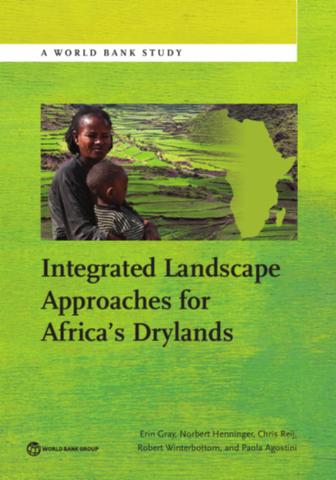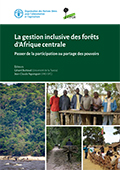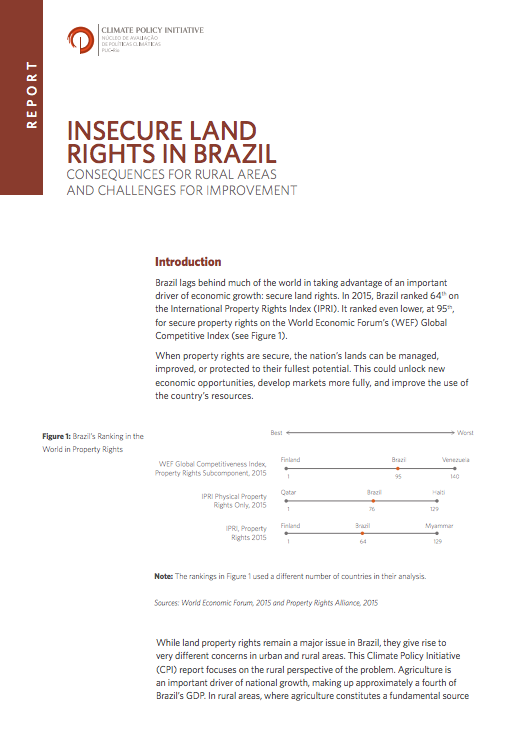Environment Protection Act 2016 (No. 18 of 2016).
This Act provides with respect to the protection of the environment in Seychelles. It designates the Ministry or Department of the Government under the Minister responsible for the environment as the Ministry for the purposes of this Act and defines its functions and powers.







